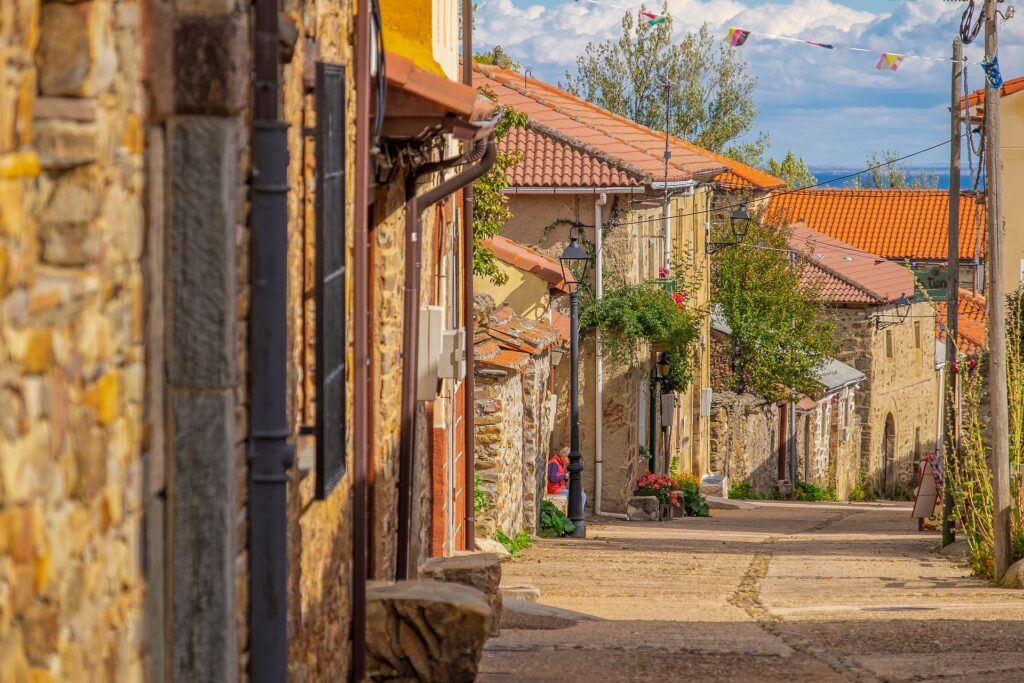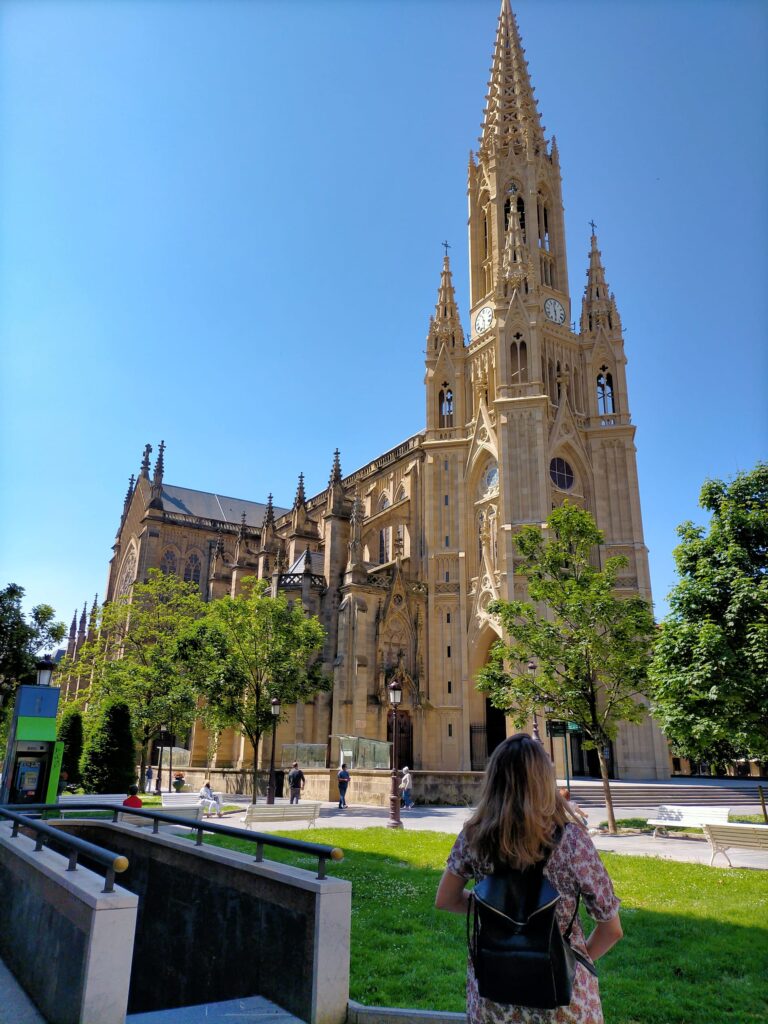responsible tourism
Responsible tourism is a trend that has gained relevance in recent years due to the negative impact that mass tourism can have on the environment, local communities, and cultural heritage. As travelers become more aware of the consequences of their decisions, responsible tourism emerges as an alternative to enjoy the wonders of the world sustainably and ethically.
This type of tourism refers to the practice of traveling in a way that minimizes the negative impacts of tourism and maximizes the benefits for the place visited.
This approach promotes respect for local cultures, environmental protection, and support for local economies. The main principles include minimizing the carbon footprint, responsible use of natural resources, and encouraging positive interactions with local communities. It is not just a way of traveling, but a commitment to the well-being of the destinations visited.
Environmental impact
Tourism has a significant impact on the environment. Carbon emissions generated employing transport, overexploitation of natural resources and waste generation are some of the main concerns. Responsible tourism seeks to reduce these consequences by choosing more sustainable forms of transport, such as using bicycles, public transport, or trains instead of short-distance flights. It also encourages travelers to choose eco-friendly accommodations that implement sustainable practices , such as energy efficiency, responsible water management, and waste reduction.
One of the most critical areas is the preservation of fragile ecosystems. Often, tourist destinations are located in protected natural areas, such as national parks, coral reefs, or tropical forests. Mass tourism can irreparably damage these ecosystems, so tourists must follow local regulations, avoid harmful interactions with fauna and flora, and opt for activities that do not degrade the environment.
Benefiting local communities
Responsible tourism is also focused on improving the lives of local communities. Rather than contributing to the enrichment of large corporations, this approach seeks to ensure that the economic benefits of tourism reach local people directly. This can be achieved by choosing locally managed accommodation, eating in small restaurants, or buying products from local artisans and markets. Supporting small businesses not only provides income for local people but also keeps cultural traditions alive.
A crucial aspect is respect for local customs and culture. Responsible tourism promotes awareness and education of tourists about the cultures they visit, avoiding behavior that may be disrespectful or invasive. Through authentic cultural experiences, travelers can learn about and participate in local customs, fostering an enriching and respectful cultural exchange.
Cultural Heritage Conservation
Tourism, when not managed properly, can harm a destination's cultural heritage. Historic sites and archaeological sites can be damaged by over-visitors, jeopardizing the preservation of these spaces for future generations. Responsible tourism promotes conscious and respectful visiting of these sites, which involves following local regulations, not touching or altering ancient structures, and contributing to the preservation of places of historical and cultural significance.
In some cases, the income generated by responsible tourism is directly invested in heritage conservation, ensuring that resources are available to protect and restore historic sites. In this way, responsible tourists contribute not only to the preservation of the past but also to the sustainable development of the present.
How to be a responsible tourist?
Being a responsible tourist means making conscious decisions at every stage of the trip, such as learning about the destination and its customs before traveling, choosing accommodations that practice sustainability, supporting the local economy through the purchase of local products and services, reducing the use of plastics, respecting local regulations on the use of natural resources, or avoiding harmful interactions with fauna and flora.
Ultimately, responsible tourism is not only a more ethical and sustainable way to travel, but it also offers a more authentic and enriching experience for travelers. By respecting the environment and local cultures, and contributing to the economic well-being of communities, responsible tourists can enjoy destinations without compromising their future. Traveling with awareness is a key step towards protecting our planet and its wonders for future generations.
Enter the glù bubble and discover more articles like this.





























